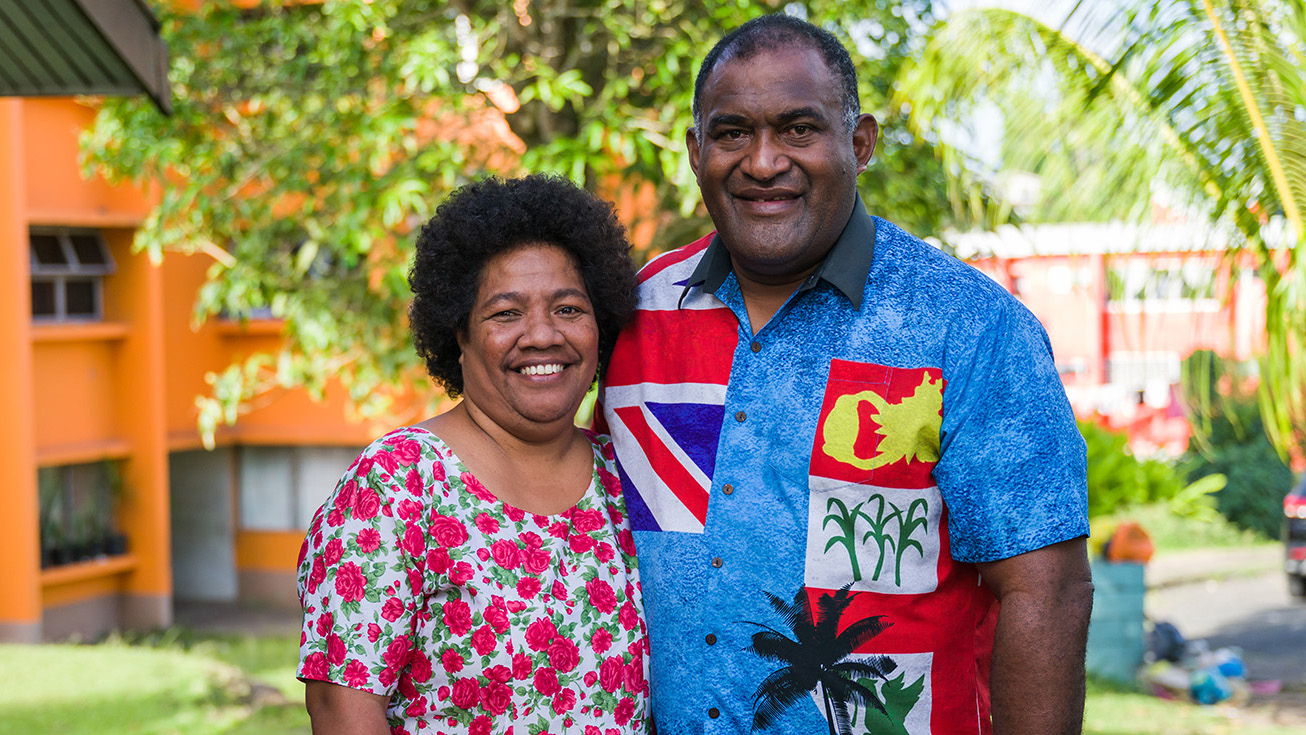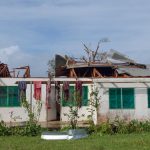More than 90% of people across the Pacific identify as Christian, and the Church’s teachings have a significant influence on people’s attitudes and behaviours. But ~68% of women and girls experience violence in their homes and communities and climate change is disproportionately affecting women and girls.
Our Church partners are acting as change agents in society to address gender equality through Biblical teaching on gender relations and human dignity. What is preached from the pulpit impacts life within the home. They are challenging traditional views on gender and addressing institutional inequality.
We support a network of churches, Pacific theologians and gender practitioners who are developing and implementing safe church policies and using theological resources to lead dialogues with church and community leaders in gender theology and run workshops to engage men, women and young people in examining beliefs and behaviour.
This regional project brings together this network of change makers to tell their stories, to learn from and with each other, and to collaborate on new theological, culturally relevant resources.
You can help!
 This project is currently supported in part through the ACT Alliance Gender Justice program with financial support from the Swedish International Development Cooperation Agency.
This project is currently supported in part through the ACT Alliance Gender Justice program with financial support from the Swedish International Development Cooperation Agency.

This project was partly funded by the Australian Government through the Pacific Women Shaping Pacific Development initiative between 2016-2021.
Resources
Use our resources on gender equality theology in your church or Bible study group! Download them here.
UnitingWorld Gender Equality Theology Poster series. Download the high resolution files here.

Our ImpactSeven mainline denominations in PNG officially adopted gender equality as their doctrinal position, and have committed to teaching this theology as part of their ministerial training. In Fiji, the ten denominations that make up the Fiji Council of Churches made a joint public statement condemning violence against women as sinful, played at cinemas around the country. Churches in Fiji, Solomon Islands, Vanuatu, and Kiribati developed and adopted Safeguarding and Protection Policies at the national level including complaints mechanisms and Codes of Conduct for ministers and church workers in line with local protection laws. The Methodist Church in Fiji changed their advice to women seeking help for domestic violence, suggesting they access the Fiji Women’s Crisis Centre, an organisation previously condemned by the church for supporting divorce. Churches in Fiji, Solomon Islands, Vanuatu, and Kiribati appointed focal points for gender equality and identified trained ministers to resource the church with sermons and bible studies about gender equality. Together, they hold training for leaders across all parts of the church promote key messages on social media, television and radio, and provide school students and young couples with information about gender equality and healthy relationships. In all countries, church ministers, pastors and other leaders have publicly shared anti-violence and gender equality messages in churches and online, including during COVID-19 lockdowns when rates of domestic violence dramatically increased. |







